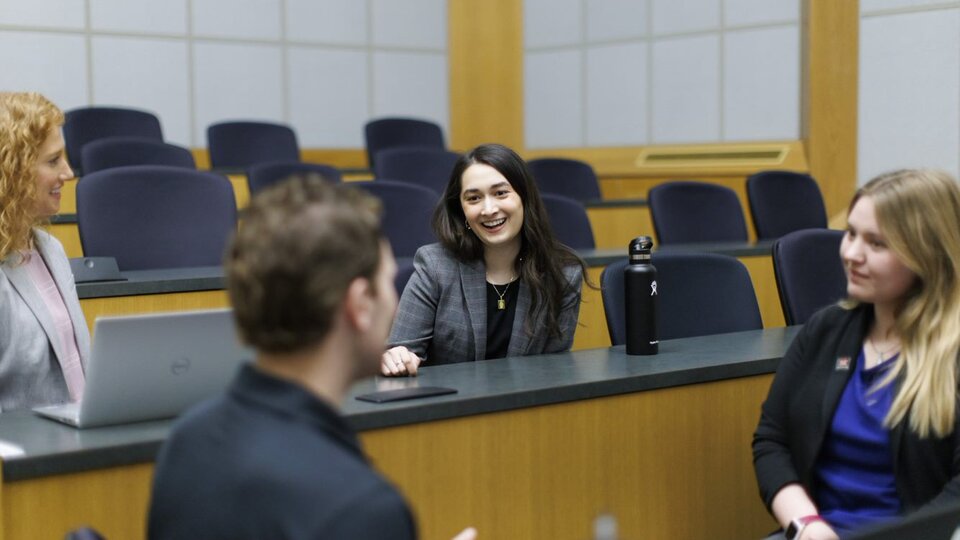We're committed to our alumni and friends and proud to offer a variety of programming opportunities throughout the academic year. Our Continuing Legal Education (CLE) programs allows Nebraska Law faculty and distinguished guests to share their efforts to address current legal issues through legal research and scholarship.
Some of our programming opportunities are offered in person, remotely via Zoom, and/or both.
Please refer to each program separately for the ways in which you can attend.
